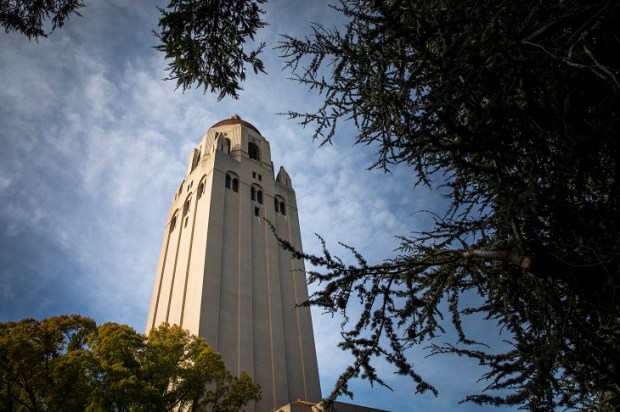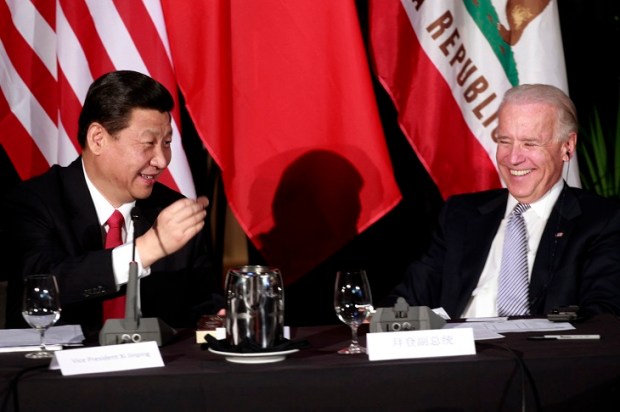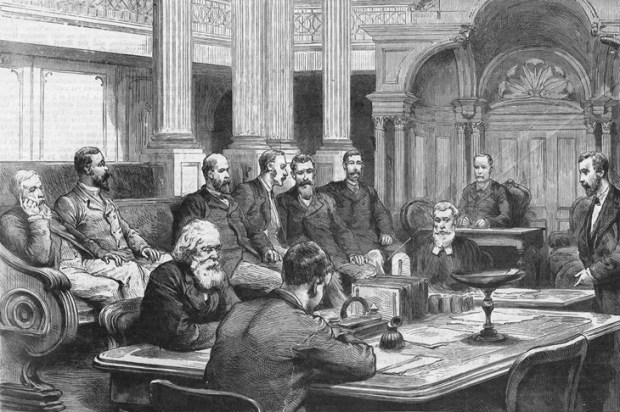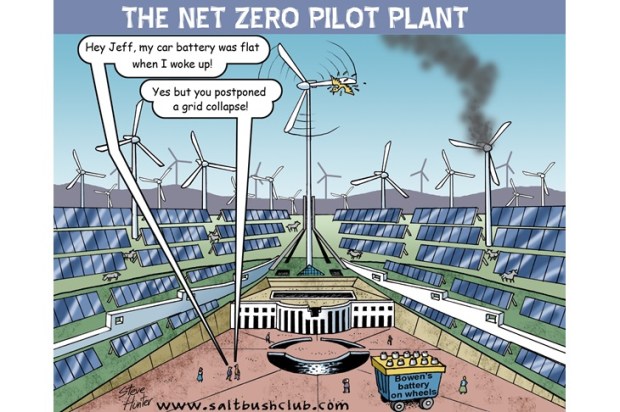What do rolling blackouts, public disorder, and impending societal collapse in South Africa, have to do with the contemporary preoccupations of cosmopolitan Westerners?
At first glance, the comparison is a little perplexing. But the strife and chaos descending today upon Africa’s 5th largest country has its antecedents in the very same game the West’s business and governmental elites are playing today with unfettered enthusiasm.
In 1990, South Africa had the African continent’s largest economy.
Already a subscriber? Log in
Subscribe for just $2 a week
Try a month of The Spectator Australia absolutely free and without commitment. Not only that but – if you choose to continue – you’ll pay just $2 a week for your first year.
- Unlimited access to spectator.com.au and app
- The weekly edition on the Spectator Australia app
- Spectator podcasts and newsletters
- Full access to spectator.co.uk


























Comments
Don't miss out
Join the conversation with other Spectator Australia readers. Subscribe to leave a comment.
SUBSCRIBEAlready a subscriber? Log in